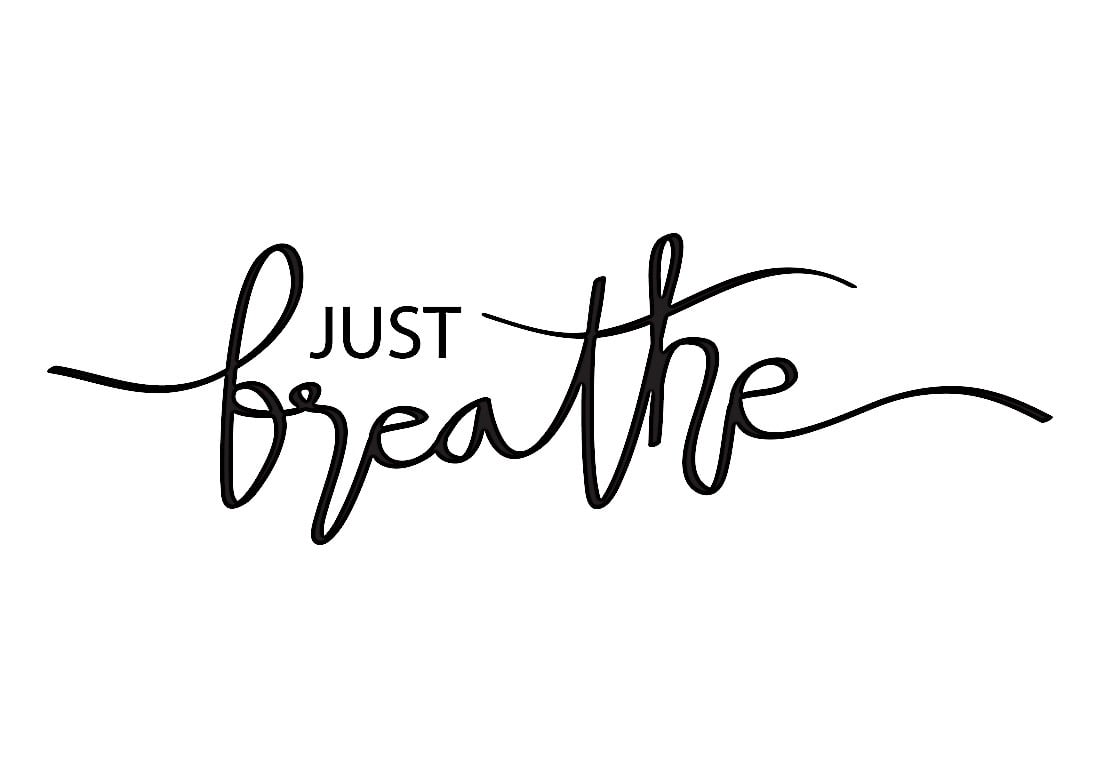On Debunking the “100% Quiet Mind” Meditation Myth — Aware is Not the Same as Empty
Developing a meditation practice is a helpful way to combine your spiritual life and mental well-being. Some people may avoid trying it because they think you must have a 100% quiet mind, but that isn’t accurate. Here’s the truth...

Developing a meditation practice is a helpful way to combine your spiritual life and mental well-being. Some people may avoid trying it because they think you must have a 100% quiet mind, but that isn’t accurate. Here’s the truth behind this common meditation myth and tips to make the most of your sessions.
By Beth Rush
Managing Editor, BodyMind.com
 Totally quieting the mind is a “myth” or a symbolic description rather than an actual aspiration. Stilling the mind is so that we can observe without attachment, mindfully. It’s not about sealing your mind in a sound-proof bottle, or jumping in an isolation tank.
Totally quieting the mind is a “myth” or a symbolic description rather than an actual aspiration. Stilling the mind is so that we can observe without attachment, mindfully. It’s not about sealing your mind in a sound-proof bottle, or jumping in an isolation tank.
What Is the 100% Quiet Mind Meditation Myth?
The 100% quiet mind meditation myth is well-meaning but inaccurate. It’s the idea that you must quiet your mind and stop any stream-of-consciousness thoughts to meditate successfully.
While quieting your mind is essential, meditation isn’t just sitting in silence. You only need to focus on your tools, like breathwork or guided awareness.
 Silent meditation can helps us feel the oneness with all. “Here we are sitting in silence without looking at each other but every single one of us feels more connected to each other.” Silence is NOT about separating or comletely stilling the mind.
Silent meditation can helps us feel the oneness with all. “Here we are sitting in silence without looking at each other but every single one of us feels more connected to each other.” Silence is NOT about separating or comletely stilling the mind.
Ways to Know You’re Successfully Meditating
Since your thoughts will still flow through your mind during meditation sessions, you might wonder how you’ll know if your meditation is working or not. Use these tips to understand when you’re in a meditative state and feel confident about your practice.
 A better metaphor for meditations goal is the Zen image of the ripples in a pond. The goal is not to quiet the pond, but rather to still the busy mind so that we are more aware.
A better metaphor for meditations goal is the Zen image of the ripples in a pond. The goal is not to quiet the pond, but rather to still the busy mind so that we are more aware.
1. You’re Aware of Your Breathing
Slowly inhale and exhale as you begin meditating. Focus on each breath and how your body feels as your heart rate slows. Meditation does require silence to accomplish this kind of focus. When you’re more aware of your breathing than the events or challenges happening in your life, you’ve begun to meditate successfully.
Focus is a primary component of any mediation practice. Research shows that focusing on elements like breathwork improves your attentional processes if meditation is a long-term habit.[1] You should feel confident in your ability to focus on tasks or conversations if your meditation routine is working.
NOTE: As always, seek the advice of your healing professionals. Buddha Weekly offers no therapeutic advice. You should consider these ideas as you decide what’s best for your well-being alongside your doctor or therapist.

2. You’re in Touch With Your Emotions
Center your thoughts on your feelings during meditation. Ask your mind and body what they’re feeling and what those emotions are trying to tell you. Listening with your entire sense of focus enables you to process your feelings more effectively than if you set them aside for later.
This meditation benefit is significant if you’re one of the 16.2 million U.S. adults with depression. [2] Accepting negative thoughts and feelings with gentle curiosity and compassion is a healthy way to unpack heavy emotions.
 Observe what is happening in your busy mind, rather than trying to erase all thoughts.
Observe what is happening in your busy mind, rather than trying to erase all thoughts.
If your depression is too overwhelming, combining meditation with cognitive behavior therapy from a licensed therapist could be more helpful. It’s a recommended way to avoid sinking into dark thoughts because the therapist would guide you through each reflective session. [3]
However, always seek the advice of your healing professionals. Buddha Weekly offers no therapeutic advice — only ideas to consider along your life journey.
3. You Feel More Compassion for Yourself
Meditation helps you gain a healthy distance from yourself by disconnecting from your stream of consciousness and considering your feelings like a curious observer. That distance will make you feel inner peace and a sense of clarity. [4]
Maintaining compassion is an excellent way to support yourself as you face life’s challenges. You’ll look at mistakes as learning opportunities and become your biggest cheerleader, which everyone deserves.
 Metta meditation — meditating on loving kindness, including for yourself — is an important method.
Metta meditation — meditating on loving kindness, including for yourself — is an important method.
Enjoy Your Meditation Sessions
Meditation isn’t just sitting in silence for the sake of a quiet environment. It’s a practice that requires you to focus on your emotions, physical sensations and self-compassion. A soothing space can strengthen that focus, but it’s not the most important part of inner reflection.
As long as you can garner compassion for yourself and process emotions or physical sensations through breathwork, you’ll have successful meditation sessions whenever you quiet your mind.

Disclaimer: Always seek the advice of your health care practitioners when experiencing pain or other medical issues.

 Tekef
Tekef 































